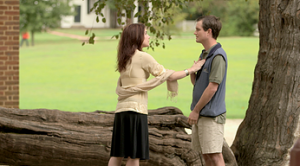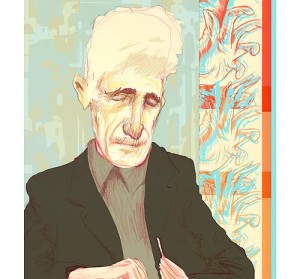 I am writing this today from a tea house in Ho Chi Minh City’s District 1, still referred to by many as Saigon. My business here is psychology and autism related, and the closest thing I am getting to aviation is the flight on the two miraculous jets that got me here– Airbus’ spectacular double decker A380, and Boeing’s stalwart triple-seven.
I am writing this today from a tea house in Ho Chi Minh City’s District 1, still referred to by many as Saigon. My business here is psychology and autism related, and the closest thing I am getting to aviation is the flight on the two miraculous jets that got me here– Airbus’ spectacular double decker A380, and Boeing’s stalwart triple-seven.
Vietnam is a beautiful country. It would be even more beautiful to see it from a small airplane at a few thousand feet above ground, but that is not possible today because there is no such thing as general aviation here. The skies are reserved for the military and commercial jetliners on flight plans.
To say that the fact that there is no general aviation in Vietnam is the result of communism is an oversimplification. One can say with confidence that when it rains in Vietnam the streets get wet, but it seems as though there is little else one can say with confidence about Vietnam.
Yet, there does seem to be a relationship between the fact that the two “mostly communist” governments in Southeast Asia, Vietnam and Laos, are the countries that have the least going for them in the arena of general aviation. Cambodia, which has been beautifully described recently as “vaguely communist” now has a flourishing albeit young general aviation community. Other countries in the region whose political-economic systems are ostensibly democratic-capitalistic such as the Philippines and Malaysia, have flourishing aviation scenes.
In a previous post I mentioned that growing up in the U.S. I somehow knew that when you wanted to chase another child off a swing you would shout “It’s a free country!” How interesting it is to be socialized (indoctrinated?) into believing in freedom. A private pilot’s license grants another opportunity to define and even treasure this thing we call freedom. Here in Vietnam, a country where flying your own airplane is illegal, and one in which the U.S. lost 60,000 of its children and the Vietnamese sacrificed millions of their own, it is difficult for me to not think about it.
It is fascinating to me what a difference a generation can make. My closest associates here are probably either one or two decades younger than me, and they have little consciousness of the Vietnam war. Vietnamese themselves learn about the war in school, but it seems that very few carry the deeply felt conflict inside them that I do. (Today, a receptionist here told me that she “sees it in my grandparents’ eyes.”)
I filed for conscientious objector status during the Vietnam war, although the draft ended before my paperwork could be processed. Clearly, I opposed the war at the time, but my filing for CO status was duplicitous if not downright disingenuous. I was against the Vietnam war, and I was against war in general, but I also believed that there was such a thing as a just war (such as the Second World War).
The more I learn about the Vietnam war, the more I believe that both sides were right, and both were wrong. Isn’t that true of damn near everything? The North Vietnamese had a legitimate gripe– their country had been arbitrarily torn in half and the south was dominated by corrupt, imperialist nations that had subjugated and tortured their people for generations. The South Vietnamese treasured their freedom and democratic ideals and were fighting the spread of communism. These were noble goals on both sides.
The dominoes did not fall when we lost the war. The Viet Cong did not commit genocide or even torture their own citizens when they won, although they imprisoned many and “re-educated” many others. In fact, it was the post-war unified Vietnamese that fought off a Chinese invasion and routed the genocidal Khmer Rouge from Cambodia. Today’s Vietnam is one in which the communist party is considered “irrelevant” or a nuisance by most Vietnamese. There is no free press here, but there is widespread Internet access. It is a system rife with corruption, as is the case with governments throughout most of the world.
One of the reasons I love to fly is because I feel a deep sense of freedom when I do it. I don’t know how to explain that phenomenon. It just is. And, perhaps coincidentally, flying one’s own airplane is also a symbol of freedom. As Vietnam continues its gradual path toward openness, I suspect that general aviation will emerge. Laos, closely aligned with Vietnam, has its very first flying club, and perhaps that will serve as a model for Vietnam.
Although I see faults in the American system, as deep as those faults can be, it remains one of the few places in the world where I could get in my airplane, start the engine up, and legally fly from one end of the continent to another without letting anyone know about it. I can even do it legally without turning on my radio. Sure, Langley will have me on its radar and will be watching every move I make, but as long as I don’t stray too close to Disneyland or Washington DC, they are going to leave me alone. That is freedom, and that is noble.



